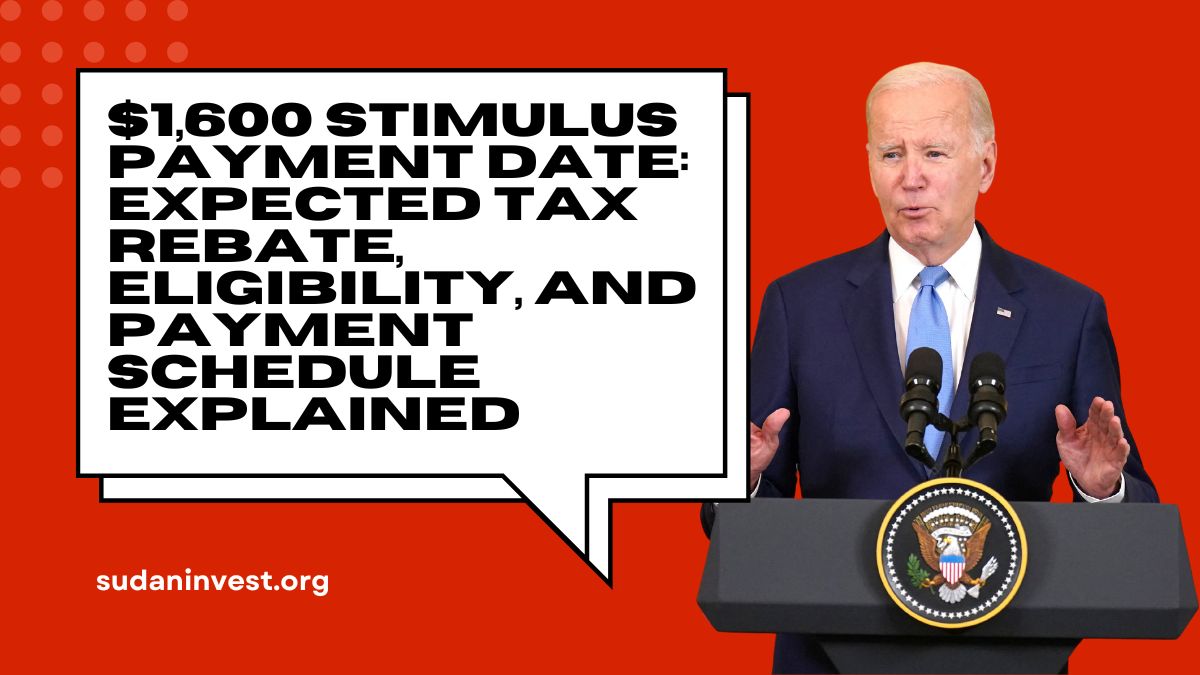Many retirees and individuals who rely on Social Security as their only source of income often wonder if they’re eligible for a tax refund. The short answer is: it depends on your total income and tax situation.
While these benefits may not be taxable for most people, there are specific scenarios where filing a tax return could result in a tax refund.
In this article, we’ll explain the circumstances under which you might qualify for a refund and what steps to take to maximize your benefits.
Is Social Security Taxable?
Social Security income is generally not taxable if it is your only source of income. However, if you have other income sources such as interest, dividends, or retirement account withdrawals, a portion of your income may become taxable. The IRS uses something called combined income to determine whether any of your SSA’s benefits are taxable.

Combined Income = Adjusted Gross Income (AGI) + Non-Taxable Interest + 50% of Your Social Security Benefits
If your combined income exceeds certain thresholds, then part of your Social Security benefits may be taxable.
Filing Thresholds for 2024:
- Single filers: Social Security is not taxed if your combined income is below $25,000. If your combined income is between $25,000 and $34,000, up to 50% of your benefits may be taxable. If it exceeds $34,000, up to 85% of your benefits could be taxed.
- Married filing jointly: No taxes on Social Security if your combined income is less than $32,000. If your combined income is between $32,000 and $44,000, up to 50% of your benefits may be taxable, and if it exceeds $44,000, up to 85% may be taxable.
Can You Get a Tax Refund with Only Social Security Income?
If Social Security is your sole source of income, you generally won’t have to file a tax return, and no taxes will be withheld from your benefits. Without taxes withheld, there’s no opportunity to receive a refund since a refund is issued when you’ve overpaid taxes.
However, if you’ve had federal taxes withheld from your SSA checks (using Form W-4V), you might want to file a tax return to get a refund of those withheld taxes. You can voluntarily have up to 7%, 10%, 12%, or 22% of your benefits withheld for taxes.
Situations Where Filing Could Lead to a Refund
Although you may not owe taxes on your Social Security benefits, here are situations where filing a return could benefit you:
- Federal Tax Withholding
If you’ve had federal taxes withheld from your Social Security checks throughout the year and find out that none or only a portion of your benefits are taxable, you could be due a refund for the overpaid taxes. - Earned Income Tax Credit (EITC)
If you or your spouse had a part-time job or self-employment income during the year, you may qualify for the Earned Income Tax Credit (EITC). This refundable credit could result in a tax refund even if you had no tax liability. - Tax Credits
You may qualify for other tax credits, such as the Child Tax Credit or Clean Energy Tax Credit, which can reduce your tax liability or increase your refund.
Filing Requirements and Refund Possibilities
| Scenario | Do You Need to File? | Can You Get a Refund? |
|---|---|---|
| Only Social Security income | Generally, no | Unlikely unless taxes were withheld |
| Social Security + other income | Depends on total income | Yes, if taxes were withheld or credits apply |
| Federal taxes withheld from SS | Yes, to claim a refund | Possible refund of overpaid taxes |
| Eligible for tax credits | Yes | May qualify for credits like EITC |
How to File a Tax Return with Only Social Security Income

If your Social Security income is non-taxable and you had no federal withholding, there’s usually no need to file a tax return. However, if you believe you’re eligible for a refund or had taxes withheld, here’s how to proceed:
- Gather Your Documents:
The Form SSA-1099 you receive from the SSA shows your total Social Security income for the year. You’ll also need any W-2 or 1099 forms for other income sources if applicable. - Calculate Your Combined Income:
Add half of your benefits to any other taxable income to determine if any of your benefits are taxable. - Fill Out IRS Form 1040:
Report your Social Security benefits on line 6a and the taxable amount (if applicable) on line 6b of Form 1040. - Claim Tax Credits:
Be sure to claim any refundable credits like the Earned Income Tax Credit (EITC) if eligible. - File Electronically:
The IRS encourages electronic filing to speed up processing and receive refunds faster.
Conclusion
For many Americans, Social Security is a lifeline, and understanding how it interacts with your taxes is essential. If Social Security is your only source of income, you likely won’t owe taxes or be required to file a return.
However, in situations where taxes have been withheld or where you may be eligible for refundable credits, filing a tax return could result in a refund.
Always review your tax situation or consult a tax advisor to ensure you’re maximizing your benefits and avoiding any surprises.
FAQs
1. Do I need to file a tax return if Social Security is my only income?
No, in most cases, you don’t need to file if Social Security is your only income and your combined income is below the IRS threshold.
2. Can I get a tax refund if I only have Social Security income?
You may be eligible for a refund if taxes were withheld from your benefits or if you qualify for refundable credits.
3. What happens if my combined income exceeds the IRS thresholds?
If your combined income exceeds the threshold ($25,000 for single filers or $32,000 for married couples), a portion of your Social Security benefits may be taxable.
4. Should I file a tax return if I had other taxable income?
Yes, if you had additional taxable income, you might need to file a tax return. If you had withholding or qualify for credits, filing may result in a refund.
5. How do I know if I’m eligible for tax credits?
You may qualify for credits like the Earned Income Tax Credit (EITC) if you had earned income during the year. Consult with a tax advisor for specific eligibility.
References
- IRS, “Do You Need to File a Tax Return?”, 2024
- Social Security Administration, “Understanding Your SSA-1099 Form”, 2024
- SmartAsset, “Is Social Security Income Taxable? 2024 Update”
- AARP, “How Taxes Affect Your Social Security Benefits”
















